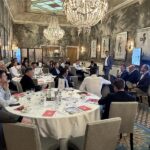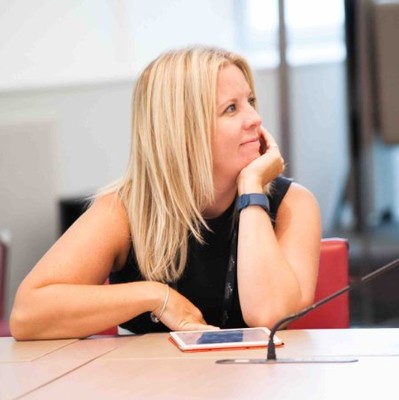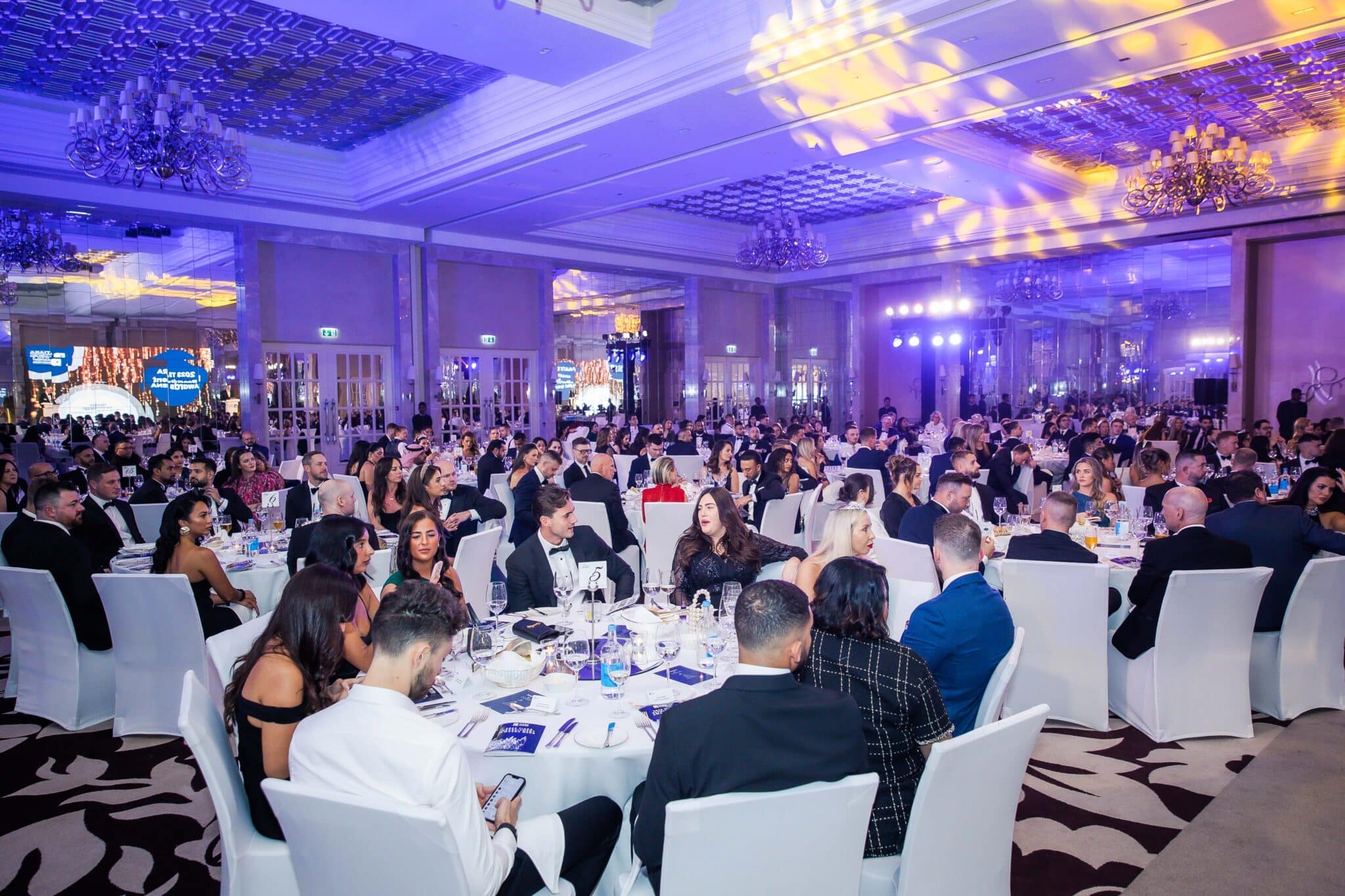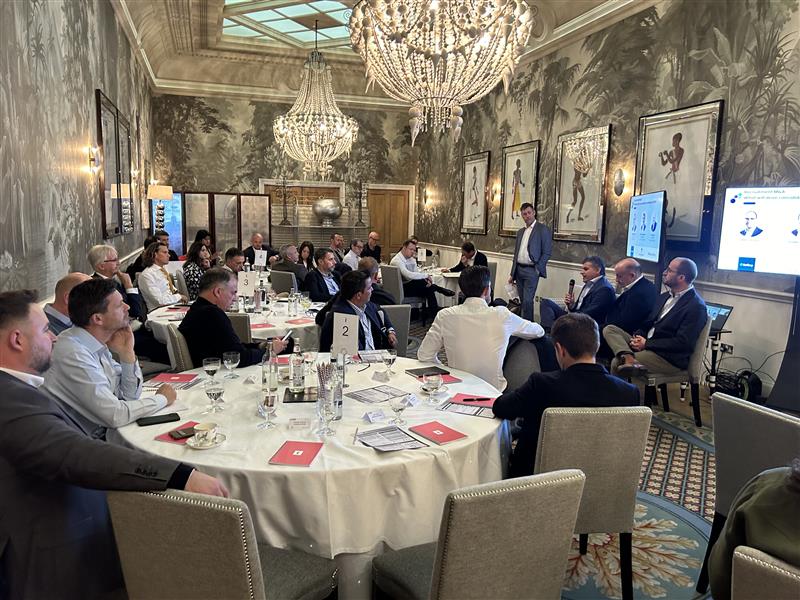TALiNT International spoke to Emma Parry, Head of the Changing World of Work Group at Cranfield School of Management and TIARA Recruitment Awards judge, about the complexiti es of designing a people strategy to suit a diverse workforce, and how AI won’t take TA and HR jobs, but will enhance the relationships they have with their employees.
TI: How do you design a people strategy to suit a multi-generational workforce?
EP: It is important to recognise that people have different needs, preferences and expectations of work and to design an approach that looks to attract, engage and retain workers regardless of their age – or gender or ethnicity. So this is not about designing packages for particular age groups but rather about allowing flexibility in people’s rewards, career paths and ways of working. Flexible benefits systems that allow employees to choose from a range of benefits (within a total budget) can be a useful tool for this. Broadly, it is about moving away from a one-size fits all approach and allowing people some choice and control over their careers.
This is about focusing on creating a positive employee experience and an organisational culture rather than following every fad or fashion that comes our way!
TI: Who isn’t talking about generative AI… it’s going to dramatically change the way we work. What do you think the greatest impact of AI will be? EP: There has been a lot of hype about generative AI – tools such as ChatGPT are certainly a sign of what is to come, but I would warn employers against making any drastic moves in relation to these just yet. That said, there is no doubt that AI will have a significant impact in the workplace; most notably I think this will be on the nature of the jobs that we do and the skills that we need to do them. As we see more and more routine and cognitive tasks being digitised or automated, we will see some skills (such as data analysis and information processing) become less important, while others (such as dealing with higher level complexity, emotional intelligence and creativity) become more important. This means that both individuals and organisations will need to be more agile in relation to the capabilities that they focus on. We will see organisations.
move away from recruiting fixed skills sets and developing rigid career structures and talent management processes to systems that focus on continuous up-skilling, re-skilling and redeploying of talent in order to address changing skills needs.
TI: Is it going to take our jobs? Especially HR and TA roles?
EP: Not in the near future. If anything, HR and TA is becoming more important to help organisations navigate the changing environment and its environment and its people implications. We will see the skills that HR and TA need change as aspects of our jobs are digitised. For the foreseeable future I would expect AI to be used to augment humans, to digitise those parts of our roles that can be better performed by AI. I would actually see AI as providing opportunities in HR and TA to make better use of people data in decision-making and to remove some of the transactional cognitive work that takes up so much of our time so that we can provide more value to customers.
TI: How are organisations going to successfully get the older workforce back into work? EP: We need to create an employee experience that provides people a job that has meaning, that allows them to develop and use their skills, make a contribution to the organisation, rewards them fairly, gives them flexibility in their careers and ways of working and provides a culture that focuses on aspects such as communication, support, inclusion and recognition. Ultimately, the evidence suggests that all employees (regardless of age) want to feel valued and that they belong within an organisation. Unfortunately, we still see discrimination against older workers in the labour market so that they are not made to feel valued, particularly in the job market, which doesn’t help.
TI: You’re a judge at the TIARA Awards! What innovations do you think you’ll see in the entries this year?
EP: I’m expecting to see a development in the use of AI and digitalisation in the TA process – I am hoping to see this move away from being about process efficiencies (although these remain important) and focus on how we can use AI to engage with the target workforce better. I’d also like to see more of a focus on inclusion in TA and how we can engage with under-represented groups as part of a TA strategy, particularly perhaps in relation to social mobility, and how we can support organisations in considering aspects such as sustainability and responsibility, and their broader values, in their TA strategy.
TI: What sets the TIARAs apart from other awards programmes? Besides it being the largest global awards programme there is.
EP: I think it’s the sheer diversity of entries – there is a real variety in the types of organisations that enter and the stories that they tell that makes this a fascinating set of awards to judge. It’s also really heartening to see the progress that is being made in the TA industry over time.
TI: Looking ahead, what trends do you think we’ll see that will affect the world of work?
EP: We will see digitisation and emerging technologies continue to influence working in relation to the types of jobs that we do, ways of working and the skills that we need. Changing skills sets will lead employers to consider more flexible approaches to strategic-workforce planning, succession planning and talent management as they aim to create a more agile workforce. Unfortunately, though, I think we will continue to see the tug of war between employees wanting to work remotely and employers trying to get everyone back to the office for a while yet. I’d also really like to see us move away from our obsession with buzz words – “Quiet Quitting”, “Quiet Firing”, “The Great Resignation” and so on – and focus on getting the basics right in attracting, engaging and retaining employees.











